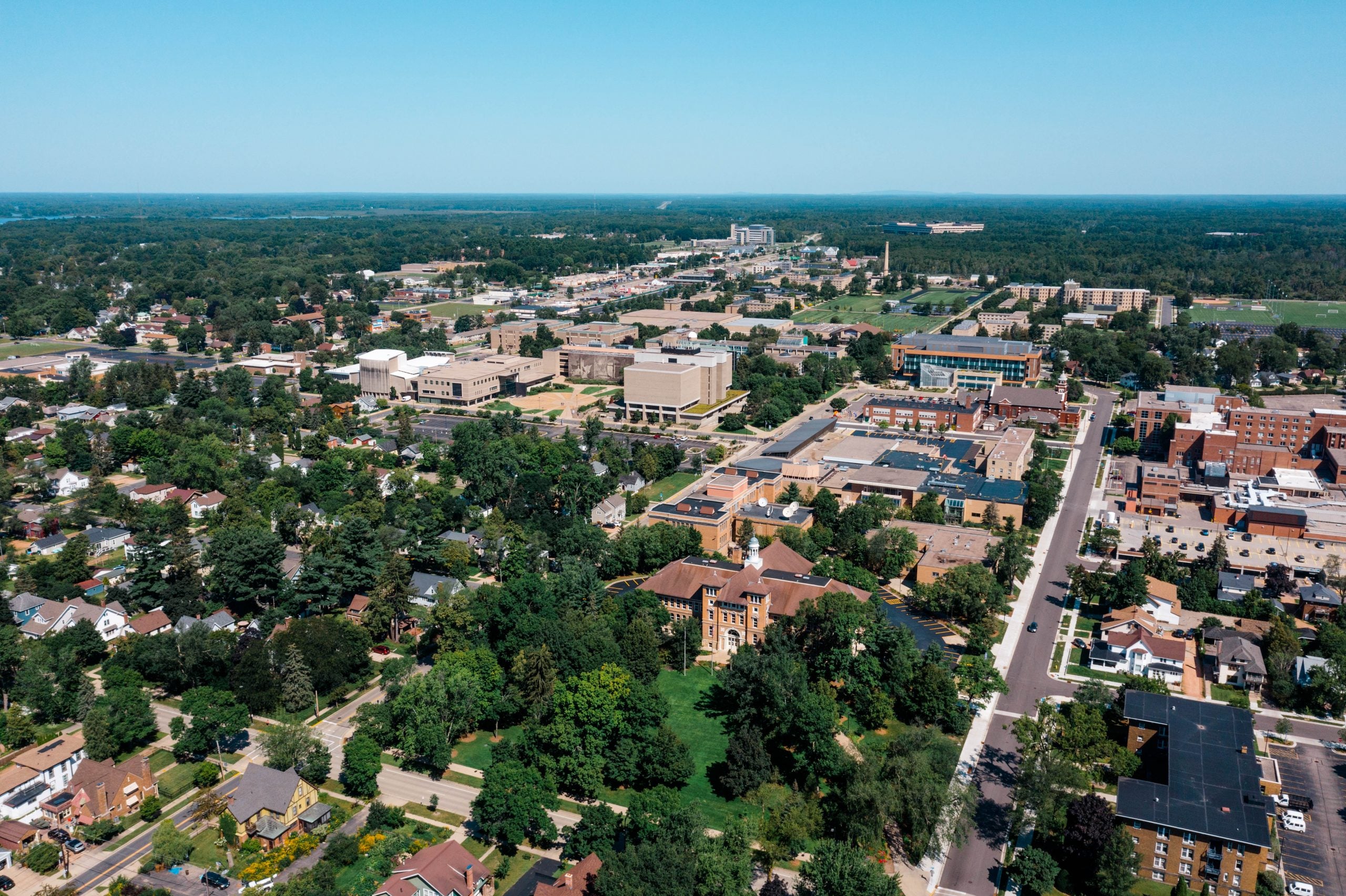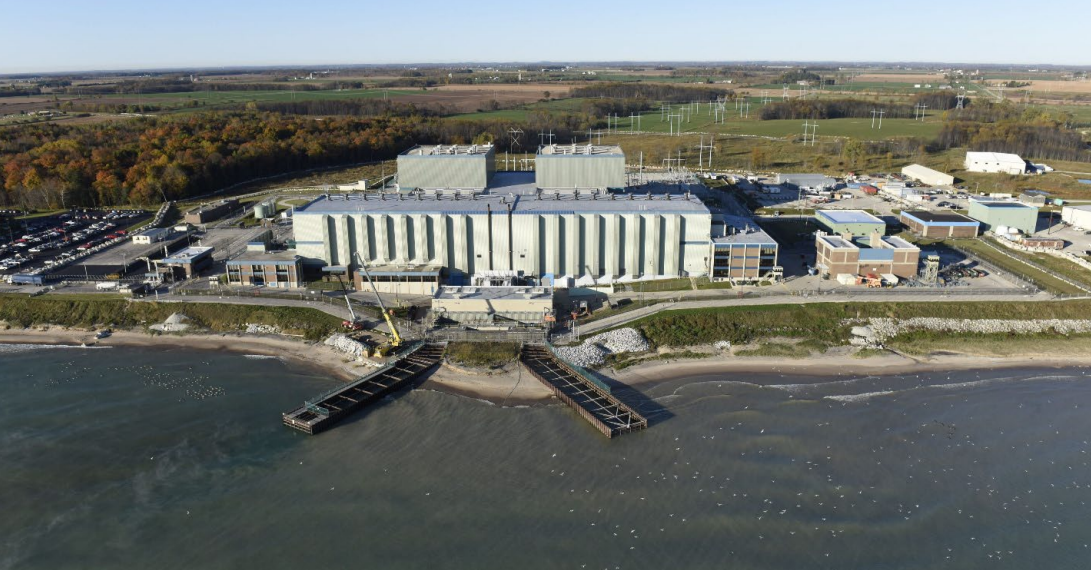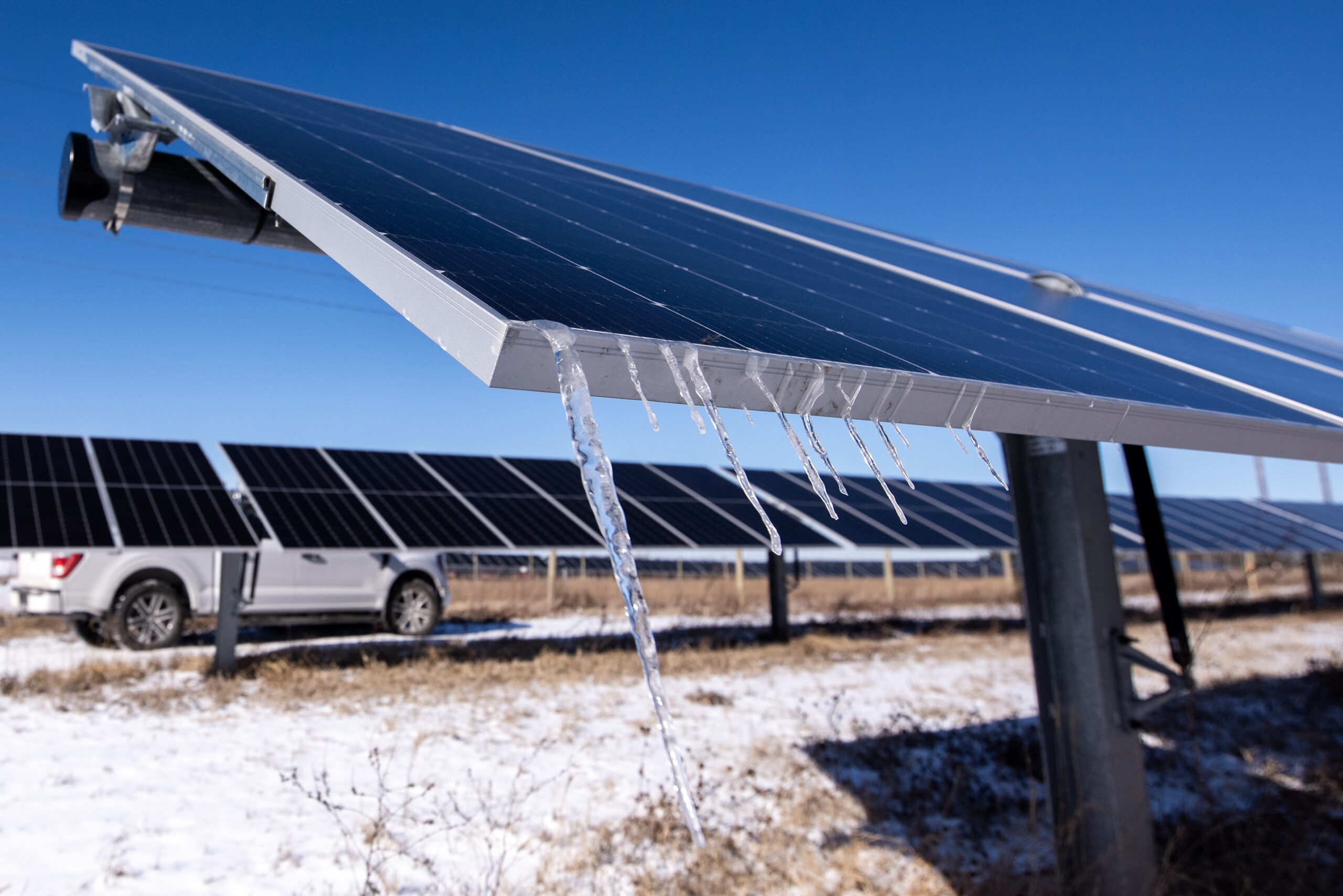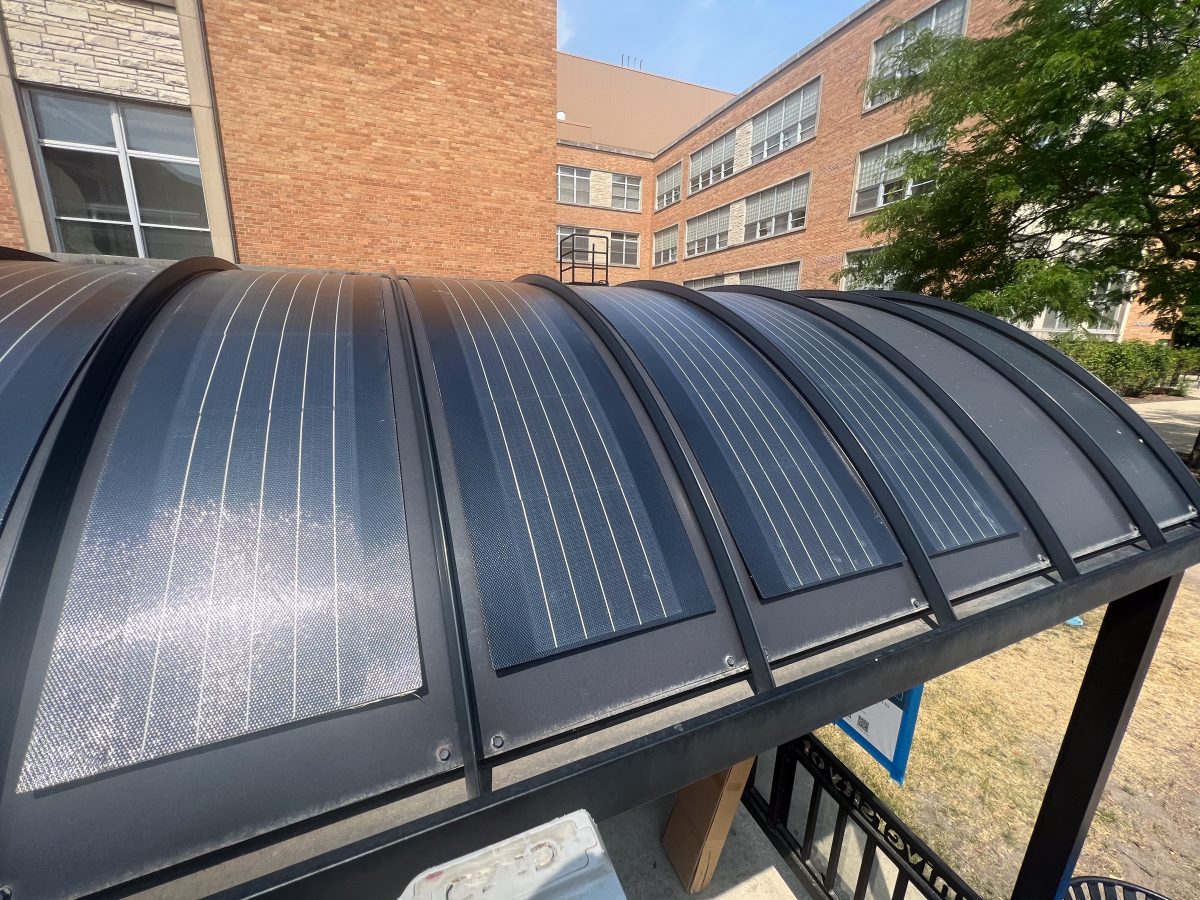Stevens Point recently became the latest Wisconsin city to pass a nonbinding resolution pledging to be carbon neutral by 2050.
The Stevens Point Common Council unanimously approved the resolution last month saying the city will strive toward 100 percent clean energy and carbon neutrality in all operations.
Other cities around the state have made similar pledges, including Madison, Milwaukee and Green Bay. According to the nonprofit Wisconsin Conservation Voters, at least 24 government entities across Wisconsin — including school districts, universities, municipalities and counties — have made commitments to reduce their carbon footprints.
News with a little more humanity
WPR’s “Wisconsin Today” newsletter keeps you connected to the state you love without feeling overwhelmed. No paywall. No agenda. No corporate filter.
In Stevens Point, more than 350 residents signed a petition supporting the resolution, and several spoke in favor of it to the Common Council on June 17. One of those residents was Maxwell Johnson, an organizer with Wisconsin Conservation Voters.
“This resolution has broad support from the community and many other Wisconsin communities have done similar work,” Johnson said. “Let’s be a model for what other cities can do and reduce our carbon emissions in unique and innovative ways through continued conversation. This is just the beginning of this conversation.”
Mayor Mike Wiza told WPR Stevens Point has done a lot to make itself more environmentally friendly in recent years, but he questioned the necessity of the resolution. He said it’s unlikely the city will be able to convert to all-renewable energy by 2050, and he felt the resolution set unrealistic goals.
At the same council meeting, Wiza said the council voted to buy a diesel-powered piece of equipment that’s expected to be in service past 2050. He said he suggested a resolution with more flexible wording.
“I would much rather continue to do all of the good things we’re doing with the goal of getting as carbon free and clean energy-oriented as much as we possibly can,” Wiza said. “But in the next 25 years, I don’t think 100 percent is an attainable goal. And in my opinion, that diminishes the value of making that commitment because you don’t really think you can make it.”
Wiza said some of the initiatives Stevens Point has already taken include using GPS technology to plan more efficient plow and garbage truck routes, installing a solar array on the city’s utility garage, using motion sensor lights inside municipal buildings, installing two electric vehicle chargers in a city-owned downtown parking lot and purchasing a hybrid police vehicle in 2023.
The council disagreed with Wiza’s assessment of the resolution. Alder Lara Broderick said at the meeting that the goal of the resolution was to codify the work already happening in the city and stand in solidarity with “hundreds” of cities across the country that have approved similar goals.
“Is it the case that these hundreds of cities didn’t have valid concerns about meeting their goal? … Of course not, but they did it,” she said. “With all the work that’s already going on in Stevens Point, I think we are better suited than most to achieve that commitment.”
Alder Allison Birr said the resolution helps build off the initiatives already underway, while establishing a sustainability commission to ensure the city stays on track.
“To put it simply, I care about the environment because I live there,” she said. “It’s my home, it’s your home. Like other communities who have already taken on the challenge, we need to do our part to slow down climate change, before things get even more dire.”
While he didn’t necessarily agree with the resolution as written, Wiza told WPR that the city will continue looking for ways to reduce its carbon footprint and environmental impact.
“Whether or not people believe it, climate change exists,” he said. “And climate change is affecting everyone.”
Wiza also said the city is still working to set the direction for its sustainability commission. Once those goals are established, he said the city will then begin appointing people to serve on the committee.
“That’s not something we’re just going to throw together because someone needs to check a box,” he said. “We’re going to make sure that we do our due diligence and set the committee up for success rather than failure.”
Wisconsin Public Radio, © Copyright 2025, Board of Regents of the University of Wisconsin System and Wisconsin Educational Communications Board.







